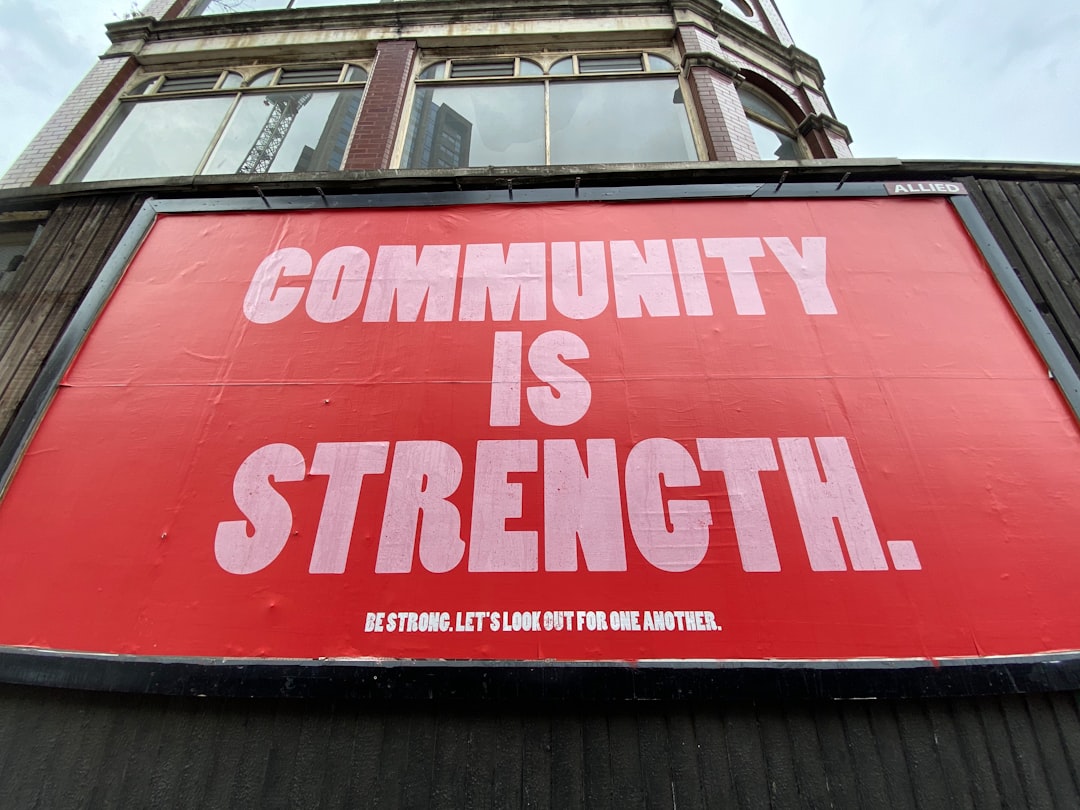What is it about?
We discuss the sovereign experiment of the Sri Lankan Tamil rebellion (LTTE) to reflect on the paradoxes inherent to sovereign rule: orderly vs capricious, political vs theological (divine kingship). We suggest the LTTE mimics other forms of sovereign rule (most obviously the Sri Lankan state), but that such mimicry creates no duplicate, but a slightly different version. This opens up space for slippage, mockery and innovation.
Featured Image
Why is it important?
The article is relevant to debates on sovereignty and on rebel governance, because it raises new questions about and perspectives on the way sovereign rule is enacted. The article is relevant to scholars of Sri Lanka, because it provides a solid account of the LTTE and seeks to circumvent some of the pitfalls that troubles earlier scholarship.
Perspectives
This article - co-authors with Sidharthan Maunaguru - is a culmination of my lengthy struggle to come to conceptual grips with the LTTE as a sovereign experiment. It builds on some of my earlier (see my article on frontline bureaucrats in Development and Change, 43/3). For more background on positionality and the way we approached the article, see the "behind the scenes" section on the journal webpage : http://cssh.lsa.umich.edu/category/behind-the-scenes/
Bart Klem
University of Melbourne
Read the Original
This page is a summary of: Insurgent Rule as Sovereign Mimicry and Mutation: Governance, Kingship, and Violence in Civil Wars, Comparative Studies in Society and History, June 2017, Cambridge University Press,
DOI: 10.1017/s0010417517000196.
You can read the full text:
Contributors
The following have contributed to this page










